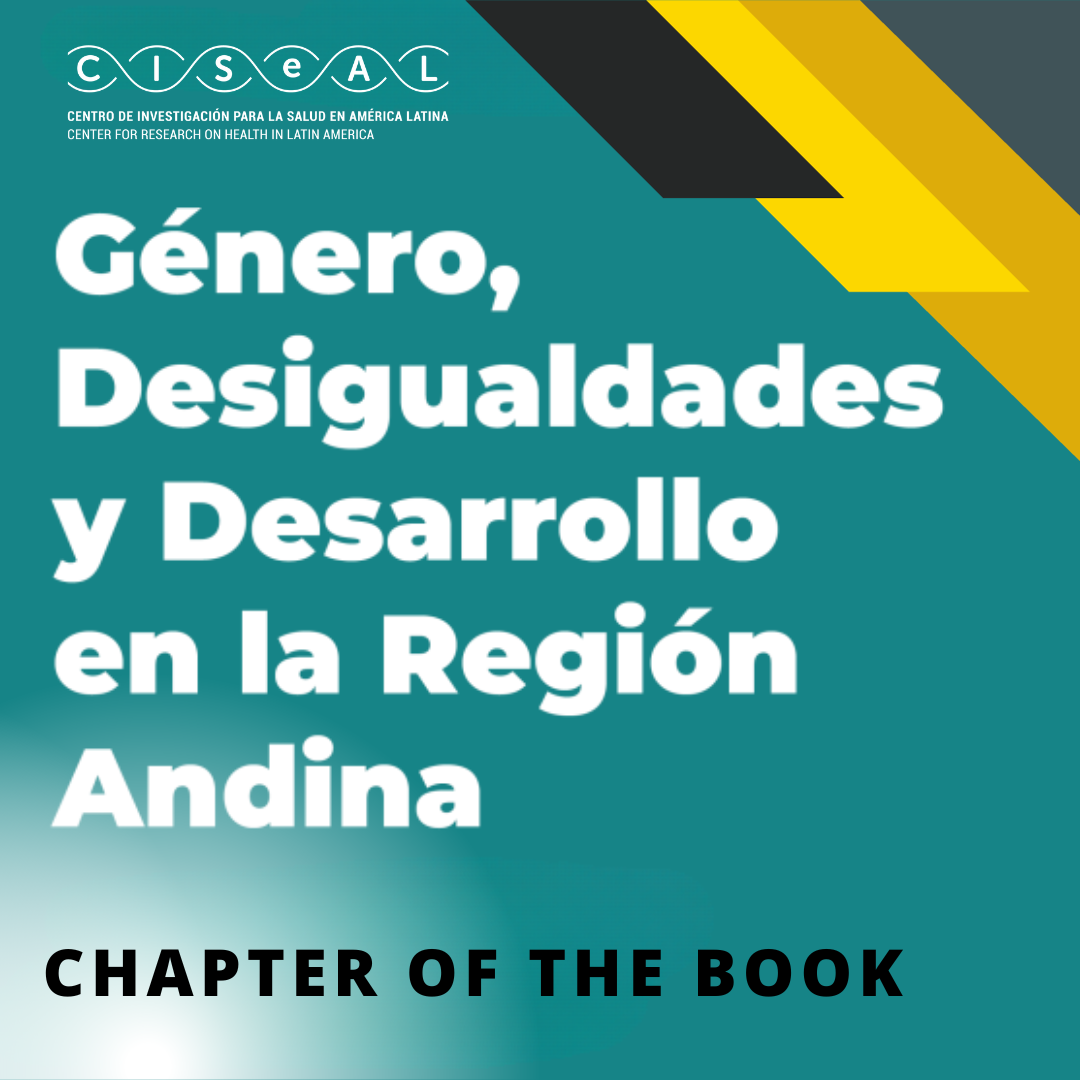
In the context of Ecuador, necessary transformations in the health sector and society as a whole are examined to ensure the sexual and reproductive rights of women with disabilities. The analysis is based on two sources of information: the results of national surveys on family relationships and violence against women, and a qualitative study by the United Nations Population Fund in Ecuador (UNFPA, 2017) on pregnancy in adolescent women with disabilities and its relationship with gender-based violence and challenges in human care.
Dr. Venus Medina's analysis reveals that it is crucial to recognize the bodies of women with disabilities as subjects of right in Sexual and Reproductive Health. However, the data paint a discouraging picture regarding the exercise of these rights, with limitations, exclusions, and prohibitions. The main cause is the lack of awareness among women about their rights, coupled with the lack of attention from public and private institutions, as well as the absence of family and community support.
Read the full chapter here:



